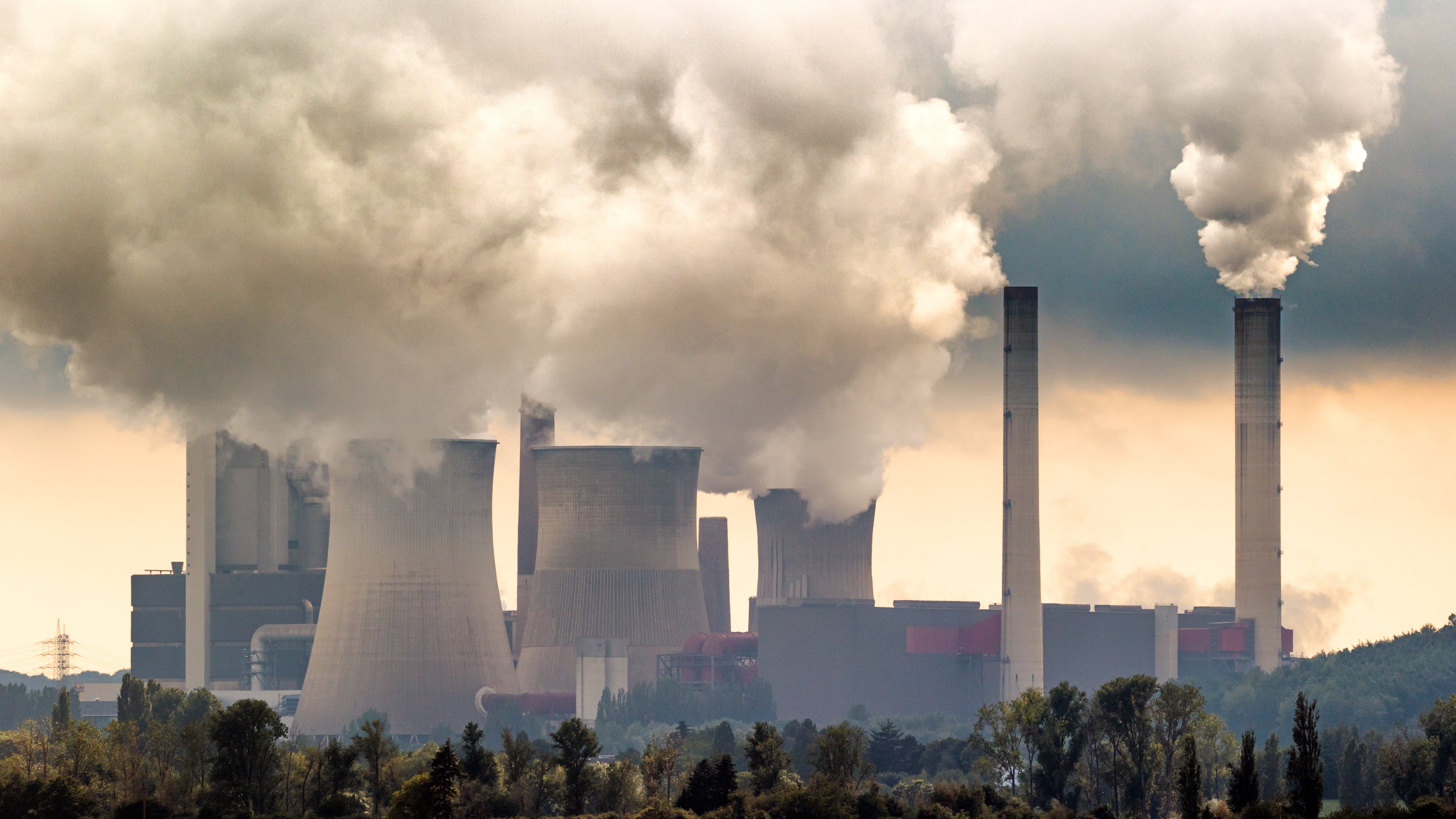Russia’s Gazprom shuts European gas pipeline indefinitely as energy crisis escalates
The move proves Russia’s ‘cynicism’, says the EU
Russia’s state-controlled natural gas supplier, Gazprom, heralded a major escalation in Moscow’s energy war with Western Europe on Friday when it announced that the Nord Stream 1 pipeline would remain closed indefinitely, a move that increases the prospect of blackouts and economic turmoil across the continent.
The decision was immediately condemned in capitals across Europe, but despite the anger, Gazprom’s decision will only serve to increase fears that Europe, which has long relied on Russian energy, is facing a harsh winter ahead, which is likely to include rationing along with potentially crippling price rises.
The underwater 1,200km (745-mile) gas link, which runs from under the Baltic Sea near St Petersburg to northeastern Germany, was due to reopen on Saturday after undergoing maintenance work for several days.
But the energy giant, long seen by its critics as a tool of Russian foreign policy, said on social media that the pipeline, which can send a maximum of 170 million cubic metres of gas each day, would remain shut indefinitely because engineers had discovered an oil leak.
Gazprom said on social media that the leak had been discovered in a vital turbine, and that “malfunctions” had been identified. It did not give a time frame to reopen.
It added that it had identified oil leaks from four turbines at the Portovaya compressor station at the Russian end of the pipeline, including the sole operational one.

Gazprom also claimed to have received warnings from Russia’s industrial safety watchdog that the leaks “do not allow for safe, trouble-free operation of the gas turbine engine”.
“In connection with this, it is necessary to take appropriate measures and suspend further operation of the ... gas compressor unit in connection with the identified gross (safety) violations,” the company said.
In recent weeks, Nord Stream 1 has been running at only 20 per cent of its capacity.
The European Commission’s chief spokesperson, Eric Mamer, said that the decision to close the pipeline indefinitely had been made under “fallacious pretenses” and that it proved Gazprom’s “unreliability” as a supplier. He added that it was further “proof of Russia’s cynicism”.
European countries have been scrambling to find alternative sources of gas since Russia’s invasion of Ukraine in February. Many have bought expensive liquefied gas that comes by ship from countries including Qatar, while additional supplies have come by pipeline from Norway and Azerbaijan.
Friday’s announcement by the Russian gas giant came just hours after G7 finance ministers agreed a global price cap on Russian oil and petroleum products. The cap will be implemented via the introduction of a ban on services such as insurance and finance being provided to ships carrying Russian-origin crude and related products at above the permitted price.
In a statement, the G7 nations – the US, the UK, France, Germany, Italy, Canada, Japan and the EU – said the cap was “specifically designed to reduce Russian revenues and Russia’s ability to fund its war of aggression, whilst limiting the impact of Russia’s war on global energy prices”.
That, along with Russia’s swift response, will increase concerns that energy is becoming the latest proxy front line in the battle between Moscow and the growing number of European countries standing against the invasion of, and war in, Ukraine.
It could also see yet another calamitous hike in gas prices, threatening poverty for millions. The energy crisis is already affecting many countries that do not rely on Russian gas, including the UK.
Experts have warned of a looming “catastrophe” for millions in Britain, amid urgent calls for the government to come up with a plan to protect households and businesses from the impending crisis.
UK chancellor Nadim Zahawi said on Twitter that the cap was an “important measure” that would “reduce Russian revenues & mitigate the impacts of Putin’s war on global energy prices to support the most vulnerable”.
Meanwhile, US treasury secretary Janet Yellen said on Friday that Russia would find it advantageous to sell oil at a price capped by Western countries, because otherwise it would have to shut down production and its ability to restart output would suffer permanent damage.
Ms Yellen told MSNBC in a live interview that the G7’s price cap plan would reduce the funds available to support Moscow’s war in Ukraine.
“They will do much better economically if they choose to sell into the price cap than if they were to shut in that oil,” she said of Russia.
Join our commenting forum
Join thought-provoking conversations, follow other Independent readers and see their replies
Comments

Bookmark popover
Removed from bookmarks